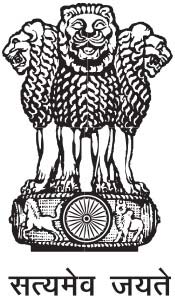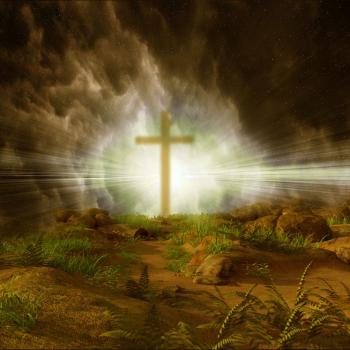This critique of majoritarianism intrinsically presupposes a communalist perspective: the nation is not one, is not a single unit that can take political decisions, but it is a composite of communities, one of which may be the majority, but each of which has its own sovereignty. The citizen does not participate in the decision-making process as just a citizen, but as a citizen qualified by his membership of a subnationality. Moreover, in the present debate, it is minorities defined by religion that are accepted as legitimate contenders for the status of a "minority" entitled to "get justice."
In secular countries, there may be subnationalities defined by religion or language (and that only for very limited purposes), but it is unconstitutional and, in fact, unthinkable that a proposal of law in France, the U.S., or any other secular country were to be subjected to the approval or disapproval of groups defined by religious identity. Thus, no matter how sinful the Catholic community may consider the legalization of abortion, there is no question of a modern government giving representatives of the Catholic community a veto right against a democratically enacted law permitting abortion, nor even the right to have a separate minority law applying to Catholics alone. In those countries, a citizen is simply a citizen, and his adherence to a majority or minority religion is strictly ignored. That is real secularism.
That very policy, accepted as a matter of course in Western secular democracies, is precisely what Ludden describes as the majoritarian program of the Hindu nationalists: to treat "the Indian nation as a whole," in particular, to have a Common Civil Code that applies to all citizens regardless of religion -- replacing the present "pluralistic" Civil Code, which differs according to religion. By contrast, the "alternative, pluralistic definitions" envisaged by Ludden introduce the notion of separate communities as relatively sovereign building-blocks of the nation. But that is exactly what the British in India used to call the "communal" principle. This example of a controversial term may serve to illustrate how easily outside observers get entangled in the intricacies of India's "communal" problem; how they lose their neutrality even in the stage when terms are defined; and how they may even end up on the side which they imagine they are criticizing, i.e., "communalism."
 Conclusion
Conclusion
I caution the reader that certain commonly held opinions about India and Hindu revivalism are just that -- opinions. Views on a large phenomenon like Hindu revivalism naturally stretch across the whole opinion spectrum, but those that dominate the international media and the channels likely to have influenced my readership are almost uniformly hostile, sometimes ferociously hostile. About Hindu revivalism we may say what an earlier researcher has said about the Middle-Eastern Druze religious community, viz. that they "were judged almost entirely in the light of sources written by their adversaries; hence many misconceptions about them persist to this day." This complaint is also heard from the people directly concerned here, the Hindu revivalists themselves.
Read Part One on Hindu Revivalism, Hindu Fundamentalism, Communalism, Hindu Nationalism, the Hindu Right, and Macaulayism here.
Dr. Koenraad Elst was born in Leuven, Belgium, on August 7, 1959, into a Flemish (Dutch-speaking Belgian) Catholic family. During a stay at the Benares Hindu University, he discovered India's communal problem and wrote his first book about the budding Ayodhya conflict. He has frequently returned to India to study various aspects of its ethno-religio-political configuration and interviewed Hindu and other leaders and thinkers. This article is an excerpt from his book, Decolonizing the Hindu Mind, and is reprinted with permission. The pictures are added.




